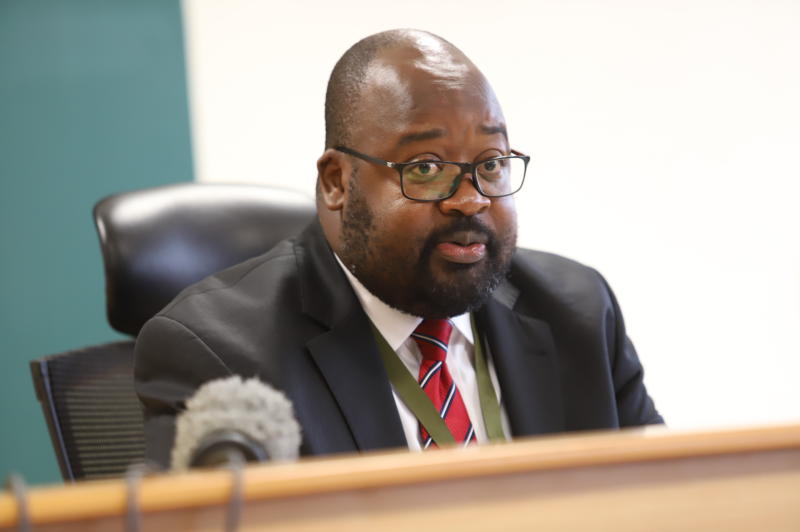×
The Standard e-Paper
Kenya’s Boldest Voice

Couples do not need to go through customary rites for their marriage to be recognised by the law, the High Court has declared.
Justice David Majanja ruled last week that all that was needed was proof that the man and woman had lived together for some time.